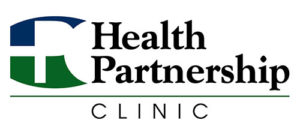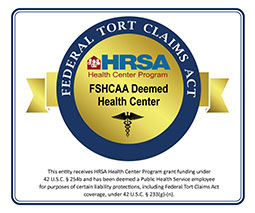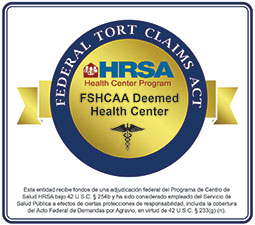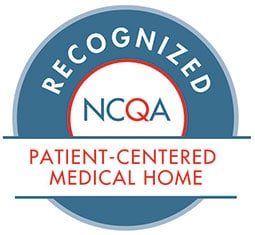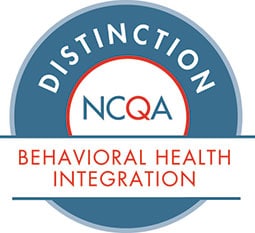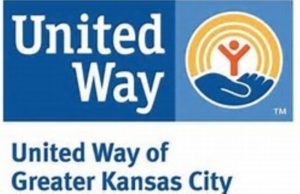Mental Illness Awareness Week focuses on “Together for Mental Health”
By John Smart, LSCSW, Licensed Specialist Clinical Social Worker
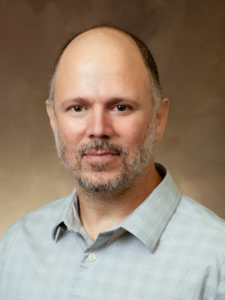 During Mental Illness Awareness Week, Sunday, Oct. 3 through Saturday, Oct. 9, the National Alliance on Mental Illness (NAMI) is promoting advocacy and awareness for people with serious mental illness (SMI) through its “Together for Mental Health” campaign. According to NAMI each day throughout the week, we will be raising the voices of people with lived experience to talk about SMI and the need for improved crisis response and mental health care.
During Mental Illness Awareness Week, Sunday, Oct. 3 through Saturday, Oct. 9, the National Alliance on Mental Illness (NAMI) is promoting advocacy and awareness for people with serious mental illness (SMI) through its “Together for Mental Health” campaign. According to NAMI each day throughout the week, we will be raising the voices of people with lived experience to talk about SMI and the need for improved crisis response and mental health care.
Other advocacy and awareness events coinciding with Mental Illness Awareness Week are:
- Tuesday Oct. 5: National Day of Prayer for Mental Illness Recovery and Understanding
- Thursday Oct. 7: National Depression Screening Day
- Saturday Oct. 9: NAMIWalks United Day of Hope
- Sunday Oct. 10: World Mental Health Day
Why does mental illness awareness matter?
Mental health is a huge part of overall health and should be a priority for everyone, whether you have a mental health condition or not.
In its campaign for greater awareness of the impact of mental illness in the United States, NAMI shares some important facts:
- One in 20 U.S. adults experience serious mental illness each year, but less than two-thirds get treatment.
- One in five U.S. adults experience mental illness each year.
- One in six U.S. youth aged six to 17 experience a mental health disorder each year.
- Suicide is the second leading cause of death among people aged 10–34 and the tenth leading cause of death overall in the U.S.
- The overall suicide rate in the U.S. has increased by 35 percent since 1999.
- Annual prevalence among U.S. adults, by condition:
- Anxiety Disorders: 19.1 percent (estimated 48 million people)
- Major Depressive Episode: 7.8 percent (19.4 million people)
- Posttraumatic Stress Disorder: 3.6 percent (estimated 9 million people)
- Bipolar Disorder: 2.8 percent (estimated 7 million people)
- Borderline Personality Disorder: 1.4 percent (estimated 3.5 million people)
- Obsessive Compulsive Disorder: 1.2 percent (estimated 3 million people)
- Schizophrenia: <1 percent (estimated 1.5 million people)
Behind the Statistics
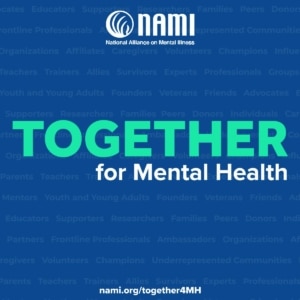 Behind the statistics there are countless stories of those impacted by serious mental illness. Limited resources for responding to mental health crises can have tragic results. In many cases ineffective crisis response results in traumatization of the person suffering from a mental health crisis, as well as traumatic impacts on loved ones, friends and crisis responders. In some cases, the crisis may lead to serious injury or death of the person experiencing the mental health crisis, and risk of injury or death of crisis responders. Communities, including many in the Kansas City region, are seeking to improve their responses to mental health needs through use of law-enforcement Crisis Intervention Teams (CIT), mental health co-responders to assist police and the addition of social service workers to police departments.
Behind the statistics there are countless stories of those impacted by serious mental illness. Limited resources for responding to mental health crises can have tragic results. In many cases ineffective crisis response results in traumatization of the person suffering from a mental health crisis, as well as traumatic impacts on loved ones, friends and crisis responders. In some cases, the crisis may lead to serious injury or death of the person experiencing the mental health crisis, and risk of injury or death of crisis responders. Communities, including many in the Kansas City region, are seeking to improve their responses to mental health needs through use of law-enforcement Crisis Intervention Teams (CIT), mental health co-responders to assist police and the addition of social service workers to police departments.
The Effects of Mental Illness
The effect of mental illness on individuals, families and communities is more commonly experienced in the day-to-day lives of those impacted. This can be felt through isolation, loss of relationships, unemployment and erosion of the sense of purpose and direction we all hope to find in life. There is good reason to have hope for recovery though, and this hope is found in the same place the painful impact is felt. Through the strengths and resources found within each person, their families, communities, organizations, employers, churches and more, recovery does happen. The recovery process often includes professional help to support the development of effective coping skills and symptom management tools while individuals are working to build on their own strengths.
If you know someone who needs help and you’re not sure where to start, a bit of wisdom that was recently shared with me may be useful, “slow down and listen.” Many times, that is what is most needed as someone begins to work on their mental health recovery process.
John Smart LSCSW, Licensed Specialist Clinical Social Worker
At HPC, we offer affordable in person and telehealth Therapy Services to Youth 12 and older, and adults.
Patients can schedule an appointment by calling 913-730-3664.
Or if you need to find professional help for a friend, family member or yourself, please see the additional resources below.
National and local resources:
National Suicide Prevention Lifeline: 1-800-273-TALK (8255)
En Espanol 1-888-628-9454
https://suicidepreventionlifeline.org/
Mental Health America
https://mhanational.org/
Johnson County Mental Health
913-826-4200
Crisis Line 913-268-0156
https://www.jocogov.org/dept/mental-health/home
Health Partnership Clinic
Behavioral Health Services 913-648-2266
https://hpcks.org/
